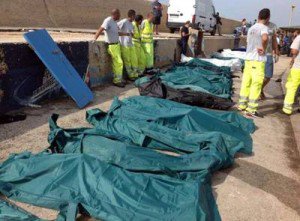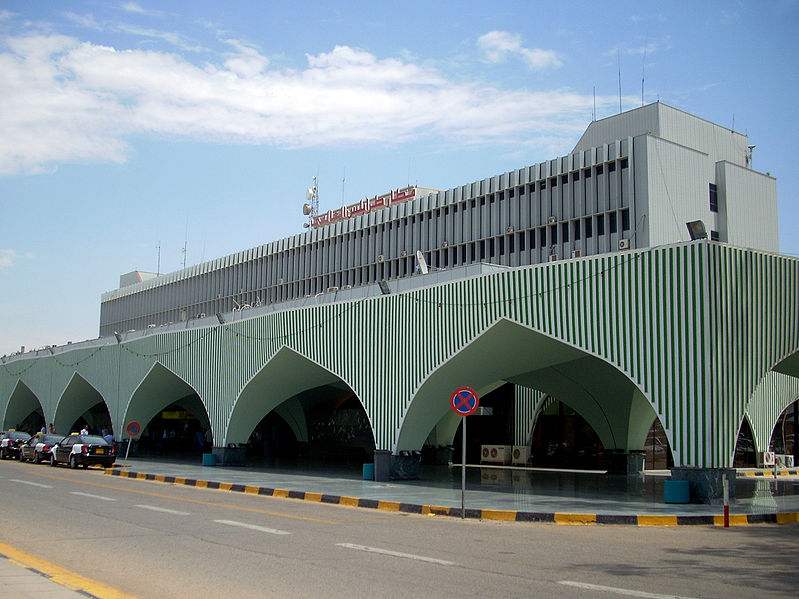By Adam Ali and Esam Sager.

Benghazi 24 July 2015:
A former fisherman, who has been a people-smuggler for the last five years, . . .[restrict]has told the Libya Herald that he sees his trade as legitimate. “There’s no difference between me and the airlines. I carry passengers, just like them”.
The 27-year-old, who would only be interviewed if he was not identified, dismissed the idea that what he was doing was illegal. “These laws are set by states,” he said, “ but it is a human right for people to travel where they want. I carry migrants who need to travel because of their status in their home countries”.
The young man, whom we shall call “Mohamed”, went into frank details about the business of transporting migrants across Libya to the coast, concentrating them in groups and then launching them out to sea. He claimed that he could expect to earn up to $200,000 per trip.
Mohamed said that ideally the smugglers tried to have at least 250 migrants concentrated at a point on the coast before boarding them on one or more vessels. But sometimes they went with only 200.
It could take between 20 and 40 days, he said, before enough passengers had been assembled. He insisted that his clients were kept in good conditions. “We bring them together in an empty house. It must have a bathroom and water. It is spacious and clean but there is no furniture”. He added that the fare the migrants pay covers their food during their stay.
Deaths among the waiting passengers, most of whom came from sub-Saharan Africa, were, he said, rare. Two months ago a man travelling alone from Guinea had died at a collection centre. “We didn’t know the cause of his death,”said Mohamed. “We buried him with the help of some of the migrants”.
The money to be made from the trade had, he said, attracted more and more smugglers which meant that the price of the voyage had fallen recently from $1,000 to $700.
Mohamed explained that the migrants themselves were taught how to work and navigate whatever craft were allocated them. “Immigrants come to us and say that they can sail. We test them. We send them to a friend who knows about navigation. It costs LD1,000 for the exam”. Once a person qualifies, a boat and its passengers are handed over to him”.
He added: “Some of them were lucky and they arrived, while others were hit by poor weather before reaching land and they drowned. But now the situation has changed. Italian ships are rescuing migrants before they drown and this is what encourages us to continue”.
Mohamed was asked how he felt when he saw TV pictures of the bodies of drowned immigrants. “I feel anguish at what happened”, he said, “ and we wish God will bless them. It is bad luck that they drowned”.
Mohamed said that he was not afraid of being caught with migrants. He said that the Libyan coastguard did patrol offshore and checked on boats moored in harbours. More than once in recent months, police had arrested migrants waiting for their voyage. “But they did not arrest the owner of the place,” he added.
Asked if his family were aware of his people-smuggling activities and what they thought about it, Mohamed said that they knew and were “naturally dissatisfied. But on the practical side, since I earn big money from it, they like it”.
Mohamed stressed that he was investing his people-smuggling earnings in “other things”. Some smugglers, however, bought weapons and ammunition and others funded fuel smuggling, a trade in which he said he had not involved himself.
He explained that 30 tonnes or more of fuel was being smuggled in boats with special tanks to Malta, Italy, Tunisia and Algeria. He maintained that the smugglers could earn at least twice the subsidised Libyan price of LD 0.15 per litre.
Asked when he thought the people-smuggling might stop, Mohamed shrugged: “I don’t know,” he said, “ it depends on when the migrants stop coming to Libya”.









